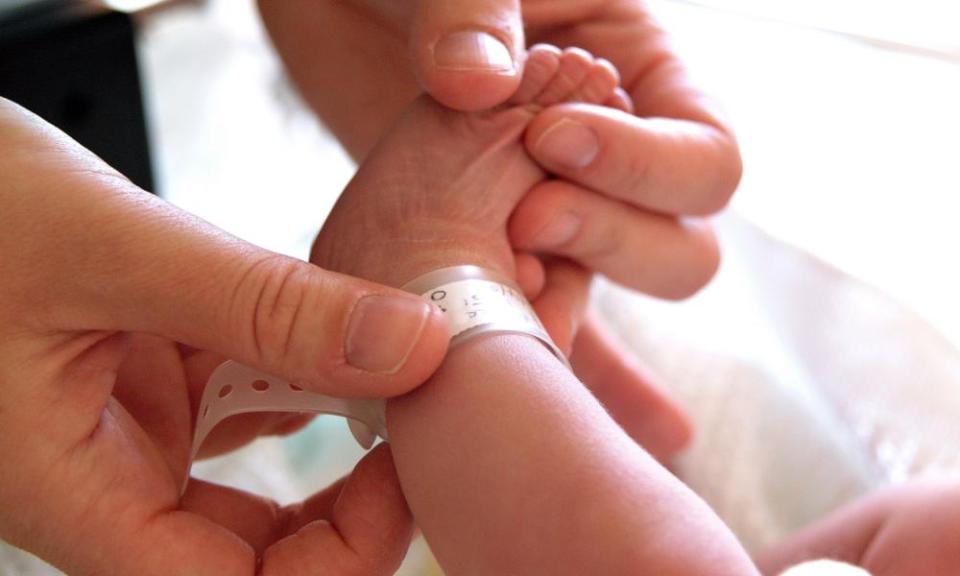Intersex people undergo surgery when too young to give consent, inquiry told

Intersex people have endured controversial surgeries and treatments, often when they were too young to provide consent, an inquiry by the Australian Human Rights Commission found in a report that recommends new legislative protections for children.
The commission has been consulting with intersex people, their family members, peer-support and advocacy organisations, clinicians, and legal and human rights groups to make recommendations on how best to protect the human rights of people born intersex when it comes to medical procedures.
Intersex refers to people who are born with genetic, hormonal or physical sex characteristics that do not conform to medical norms for male or female bodies. Intersex people have a diversity of bodies and identities.
The commission’s final report, published on Monday, included experiences from intersex people who had a range of medical interventions without their consent, including surgery intended to “normalise” the appearance of genitalia.
Related: Transgender Americans can choose gender on passport, state department says
The commission heard about people undergoing surgeries to reduce the size of the clitoris [known as clitoridectomy or clitorectomy]; other surgeries to modify female genitalia such as reducing the size or modifying the shape of the labia minora [labiaplasty]; surgery on external female genitals, generally reducing the size or addressing the asymmetry of the labia minora [vulvoplasty], and surgery on an infant born with smaller than usual male genitalia [micropenis] to create the appearance of a female child by the construction of a vagina [vaginoplasty].
The commission was also told people were put on hormone treatment to facilitate typical male or female sex development.
The report recommends new legislation so that medical interventions take place only with the prior, informed, personal consent of the person concerned, except in the case where the treatment is a medical necessity.
Whenever a medical intervention is proposed for a person under the age of 18, the medical treatment team should seek authorisation from an independent panel, the commission recommended.
“There should be criminal penalties for not complying with these requirements,” the recommendations said. “It is the commission’s view, however, that parents should not be subject to criminal sanctions.”
The commission heard about medical interventions that had a variety of negative consequences on people’s physical and mental wellbeing. A lack of access to records about past experiences and interventions compounded this trauma.
One individual told the commission how “lots of men would look between my legs, put their fingers in my vagina, and talk about how abnormal I was”. People reported ongoing issues due to treatments and surgeries such as loss of fertility, urinary tract issues, and loss or diminution of sexual function, sensitivity and/or capacity to experience sexual pleasure.
“The size of the population who may be affected is not clear,” the report found.
“There is a lack of data collection on population size and on frequency and types of interventions that have occurred. About 1.7% of the population is estimated to have some variation in sex characteristics, though there is some contention about the accuracy of this figure.”
The executive director of Intersex Human Rights Australia, Morgan Carpenter, said people with innate variations of sex characteristics had been subject to ongoing human rights abuses.
“The report identifies key problems with current clinical practice, including lack of evidence, a reliance on psychosocial rationales that are better addressed by peer support and other forms of support, and a lack of attention to concerns raised by psychological and psychiatric professionals,” she said.
“Today we’re calling on state, territory and commonwealth governments to act to end these abuses. We need new laws that recognise our right to decide what happens to our own bodies.”

 Yahoo News
Yahoo News 